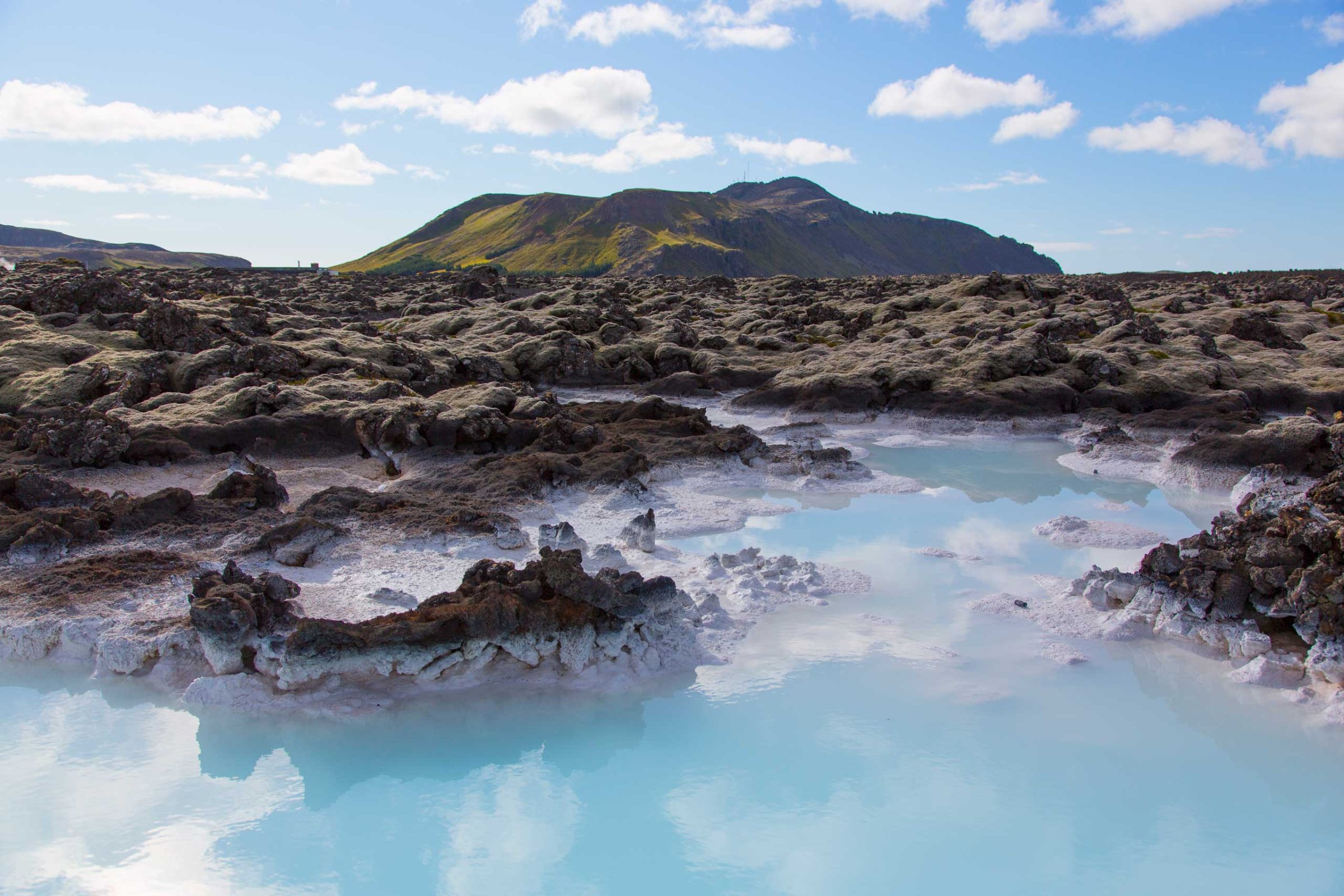
Land in Iceland is rising at a pace of as much as 1.4 inches per year in certain areas as a result of climate change, according to a new study. The melting of the country’s glaciers reduces pressure on the land below and allows the surface to rise, researchers say.
“Our research makes the connection between recent accelerated uplift and the accelerated melting of the Icelandic ice caps,” study co-author Kathleen Compton, a University of Arizona researcher, said in a statement.
The study, published in the journal Geophysical Research Letters, relied on data from 62 global positioning system receivers placed throughout Iceland that allowed researchers to track the land’s movement.
MORE: The Senate Discovers Climate Change!
While scientists have noticed the rise in land levels in certain areas across the globe, this study is the first to demonstrate the link between climate change and rising land, the researchers say.
“Iceland is the first place we can say accelerated uplift means accelerated ice mass loss,” said study co-author Richard Bennett, a professor at the University of Arizona.
Melting Away: One Photographer's Journey to Preserve the Polar Regions
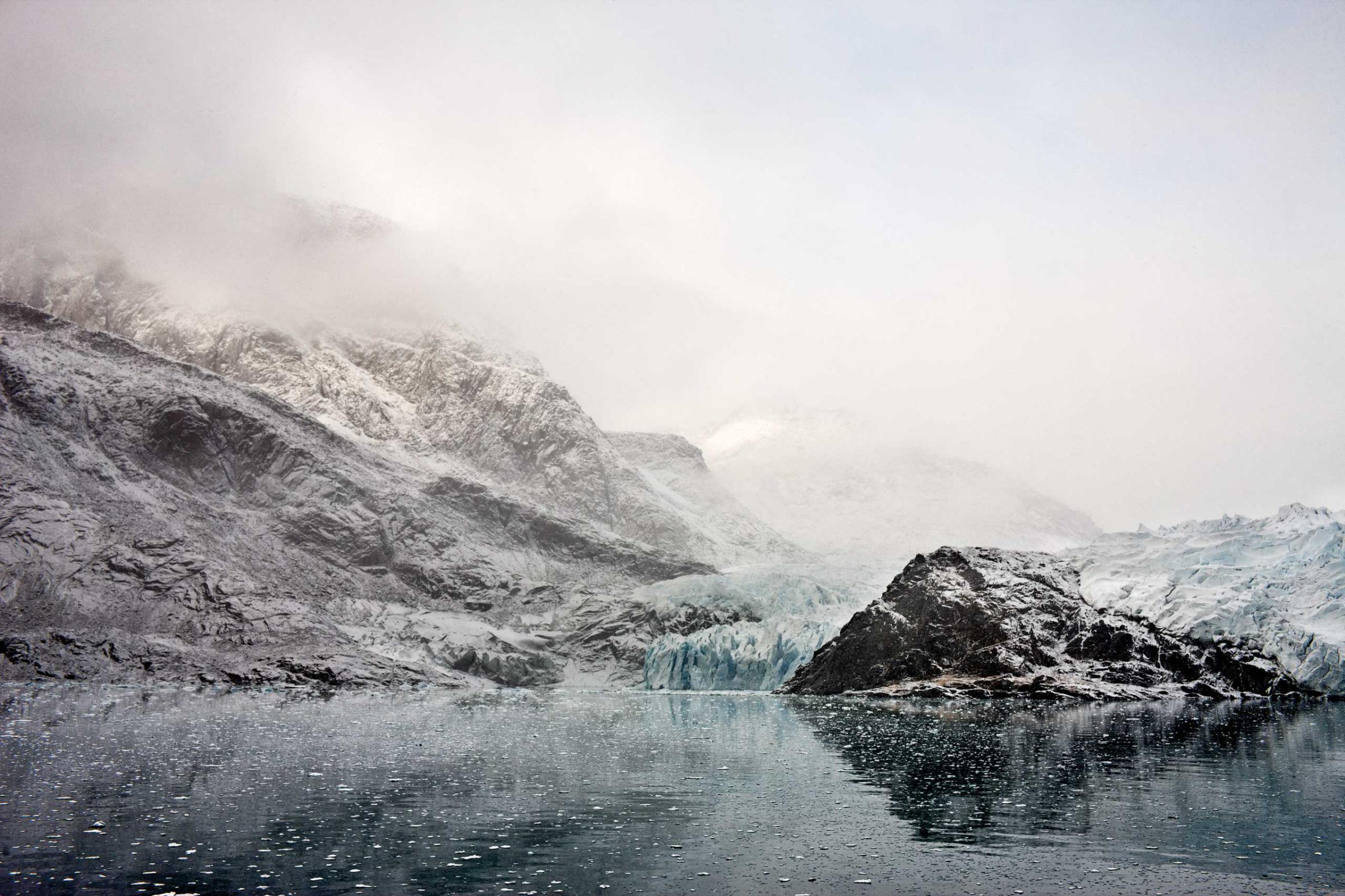
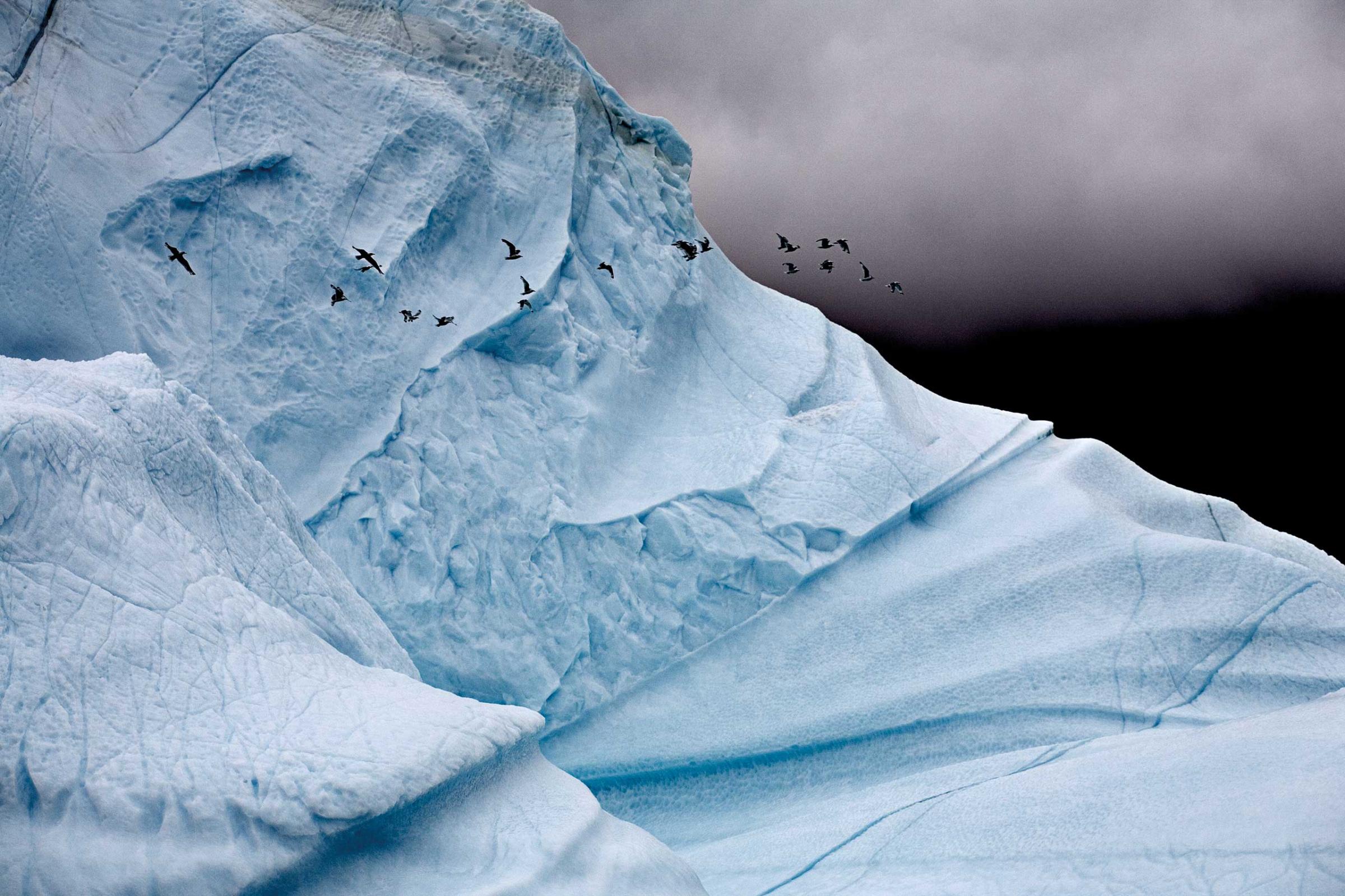
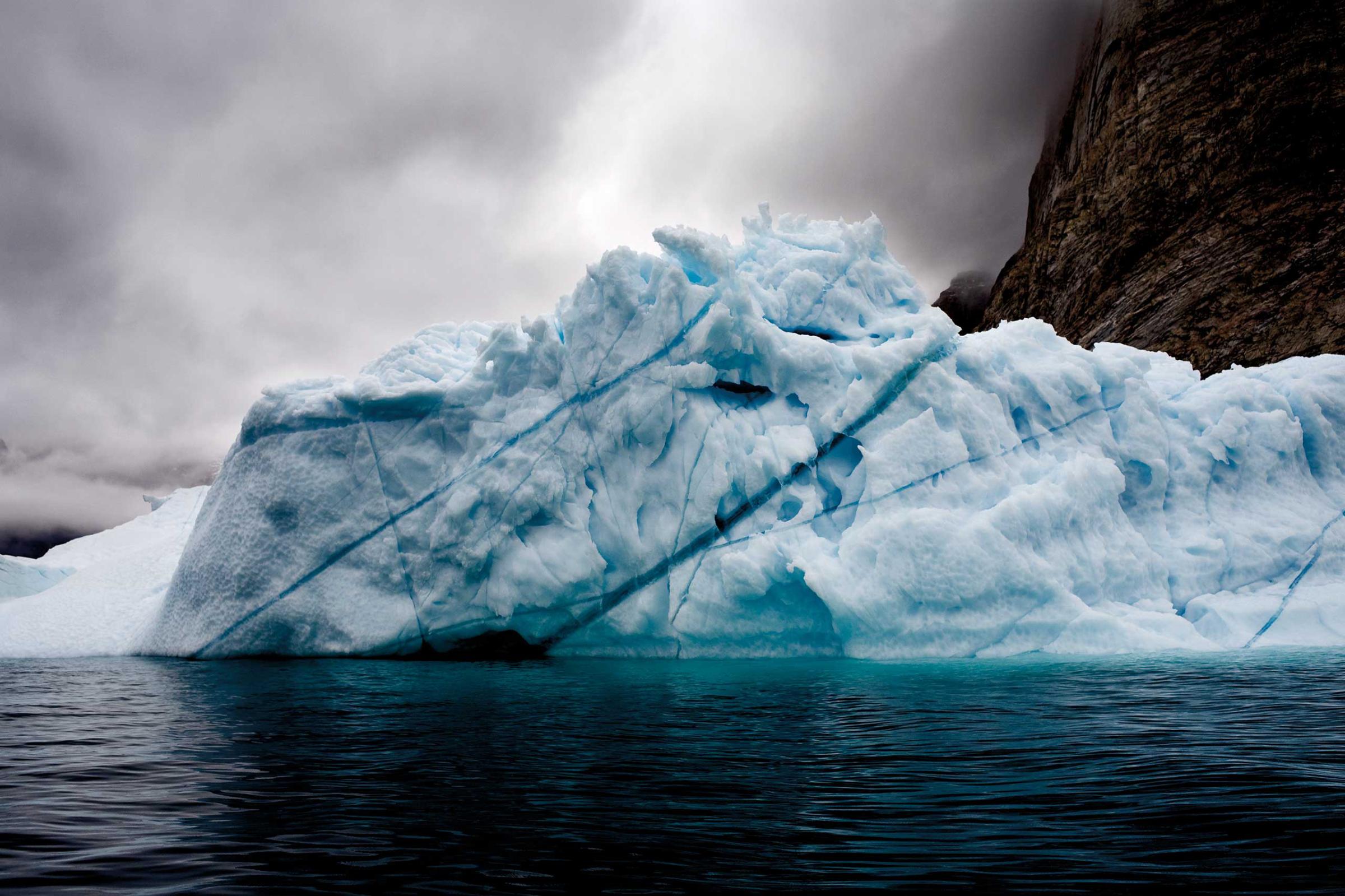

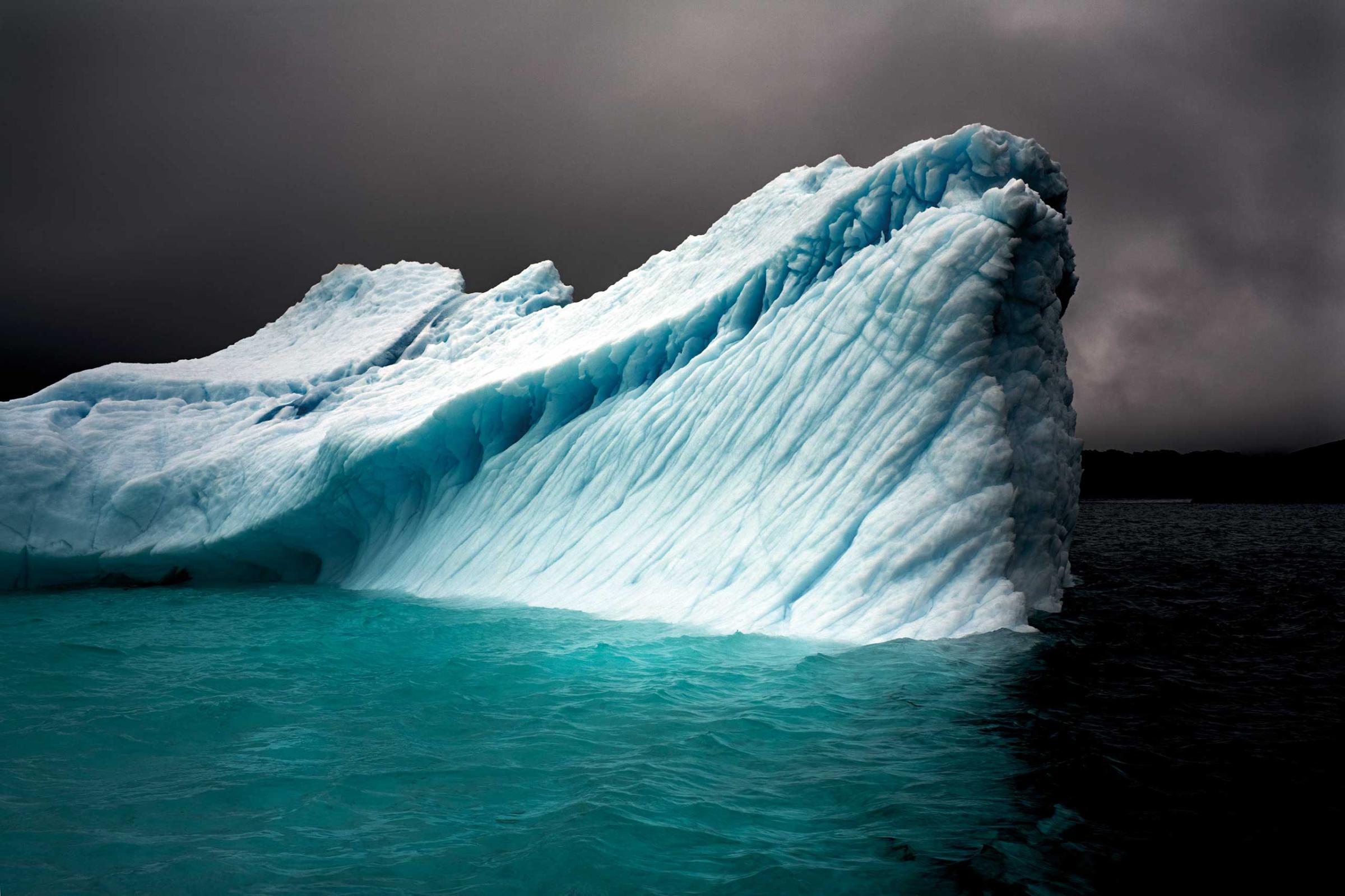

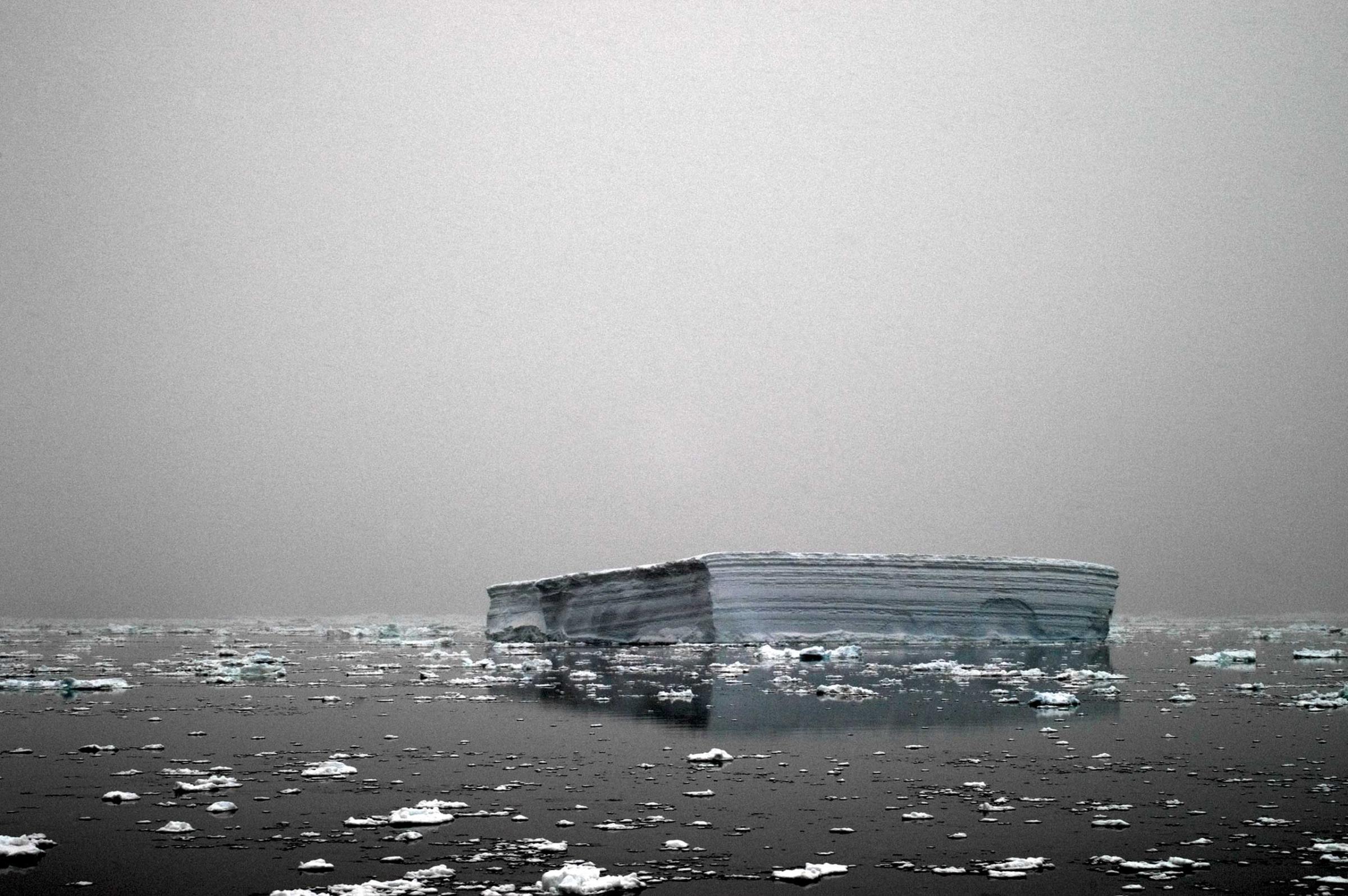
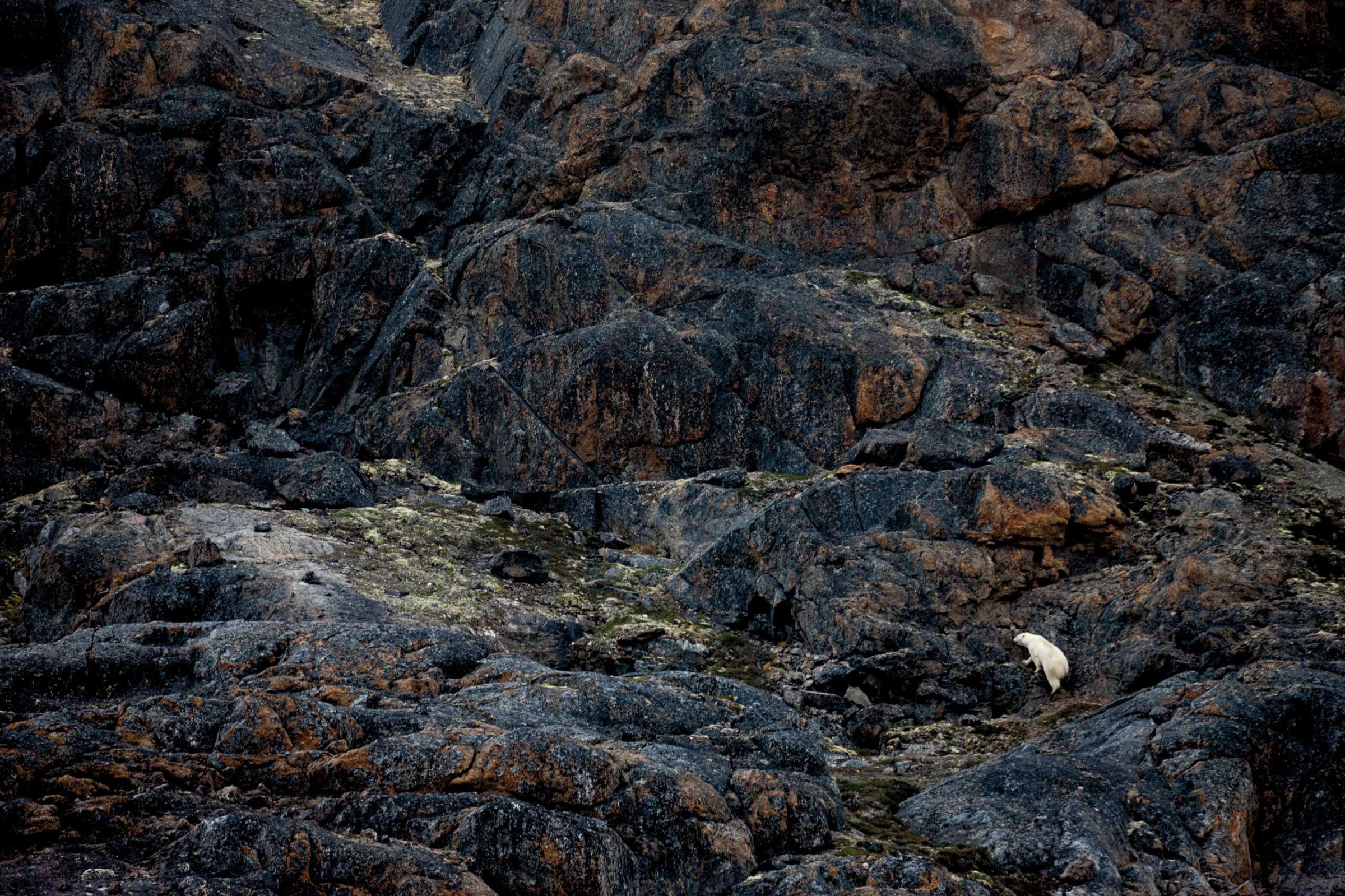
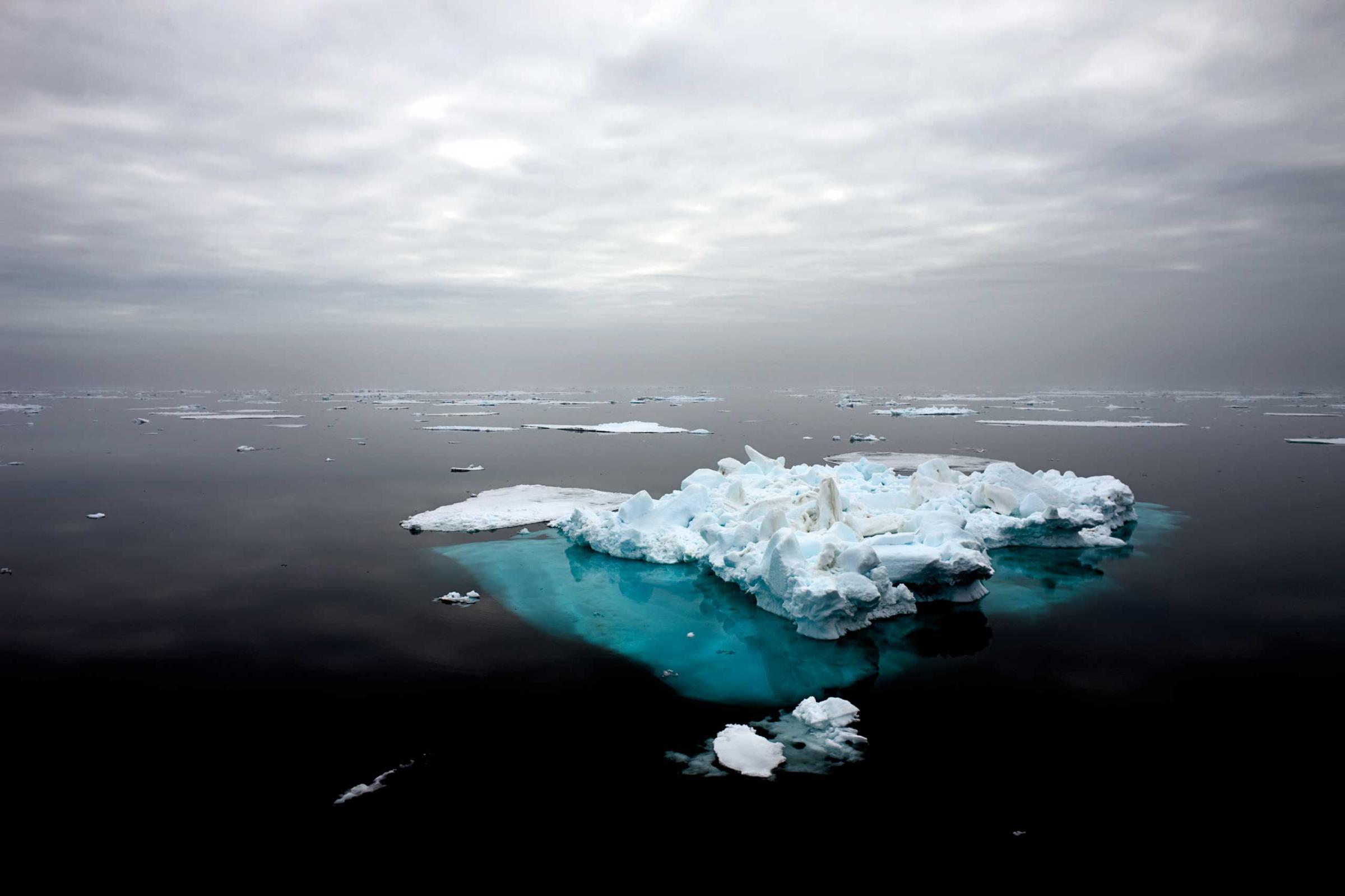
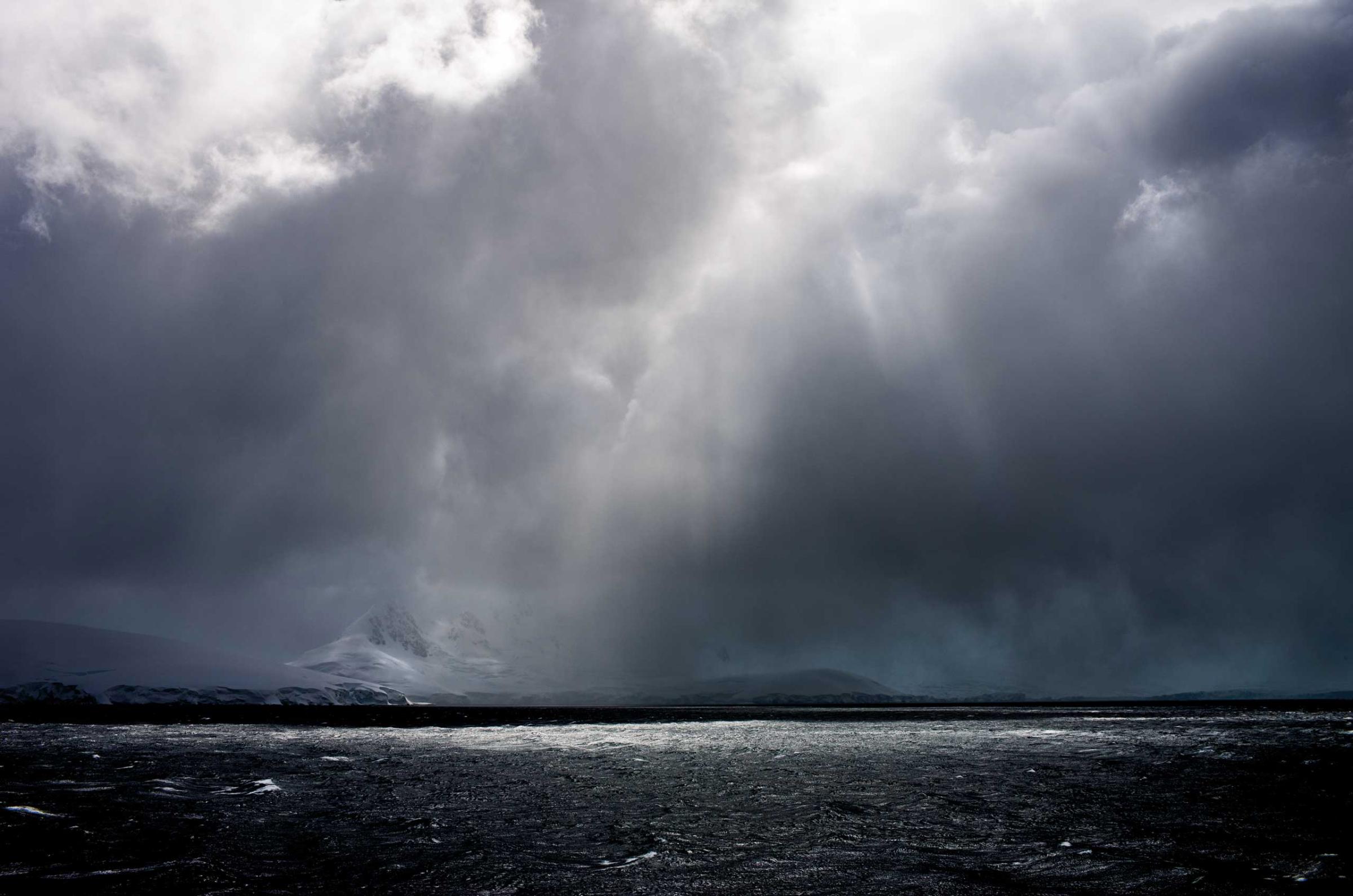
More Must-Reads from TIME
- How the Economy is Doing in the Swing States
- Harris Battles For the Bro Vote
- Our Guide to Voting in the 2024 Election
- Mel Robbins Will Make You Do It
- Why Vinegar Is So Good for You
- You Don’t Have to Dread the End of Daylight Saving
- The 20 Best Halloween TV Episodes of All Time
- Meet TIME's Newest Class of Next Generation Leaders
Write to Justin Worland at justin.worland@time.com